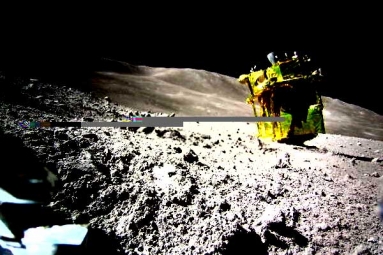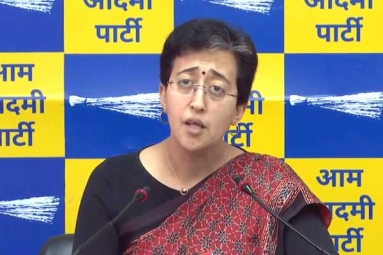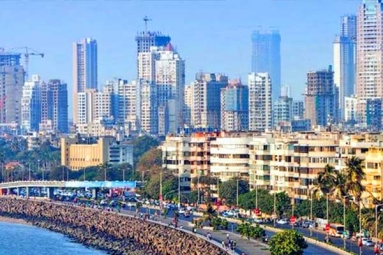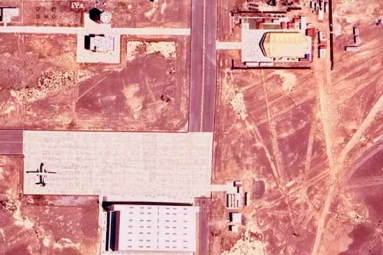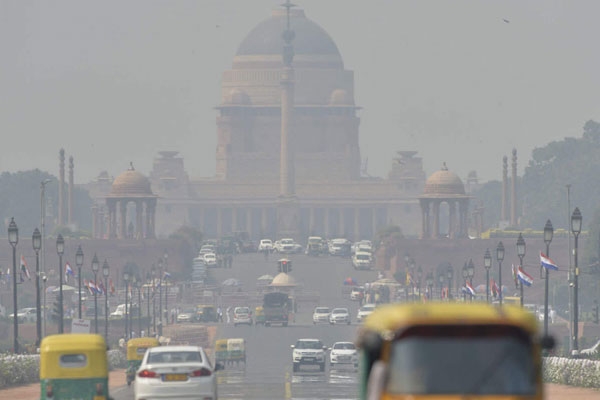
(Image source from: economictimes.indiatimes.com)
A system has been developed by a team of researchers with the funding from the Earth Science Ministry (MoES), which is said to be capable of almost accurately tracking the variations in the quality of air in the city Delhi during the events of burning of biomass and correspondingly issuing the forecast in a timely manner up to 72 hours in advance.
The air quality system that has been devised recently is a air quality prediction system in an upgrade over the one that is operated by the MoES. It has been said that the detection of the presence of PM 2.5 dust particles will be made by the air quality prediction system.
The air quality over Delhi is observed to be dropping to dangerous levels which triggers the illness that is related to the respiratory systems.
The air quality prediction system has been a result that has been obtained by a team of scientists who are based from Pune and that has been led by Sachin Ghude of the Indian Institute of Tropical Meterology (IITM) along with the scientists from Savitribhai Phule University (SPPU), Center for Development of Advanced Computing (C-DAC) and also the researchers from Indian Institute of Science (IISc), Bangalore and National Center for Atmospheric Research, USA.
The variations in the PM 2.5 level have been tracked with the help of three- dimensional Variational Data Analysis (3DVAR) which has been devised by the group of scientists that have worked on it and the variations in the PM 2.5 have been validated during two winter seasons between the years 2017 and 2019.
According to the researchers, the predictions of the quality of air in any region would be difficult because of the direct link that would be made between the local weather and the concentration of the chemical gaseous matter that would get mixed up with the air.
The study that has been stated by the researchers say that there still exists large uncertainties in the prediction that is being made in the atmospheric aerosols and also in locating the emission inventories with the limited understanding in the formation of the secondary aerosols among various other factors.
The researchers have added saying that there is a need for the chemical data in the model assimilation which has been found in providing better outputs in the terms of real- time forecasts and that the chemical data assimilation will be boosting the operational weather forecast as the variability of PM 2.5 over the city of Delhi has been found to be very large. It has also been added that the local weather will also be playing a major role in the accurate forecast of PM2.5 and it happens to be a bit difficult in Delhi due to the varied speed of winds at the surface and the inventory chemicals.
By Shrithika Kushangi








